In his article Cloud computing: 10 ways it will change by 2020, Jack Clark of ZDnet.com explores the issues, challenges, and technologies that he predicts will frustrate and inspire those working with the cloud in 2020.
Clark’s list is as follows–and he elaborates on each:
1. Software floats away from hardware
2. Modular software
3. Social software
4. Commodity hardware rules
5. Low-power processors and cheaper clouds
6. Faster interconnects
7. Datacenters become ecosystems
8. Clouds consolidate
9. The generational shift
10. Clouds will stratify
I was particularly interested in number 10—the stratification of clouds. Clark noted that today, clouds are differentiated by whether they provide infrastructure-as-a-service (IaaS), platform-as-a-service (PaaS), or software-as-a-service (SaaS), but predicts that by 2020, more specialized clouds and related technologies will emerge. I asked one of our thought leaders at Skytap how he viewed Clark’s assessment and he agreed:
“While the battle we see today is among big technology and telecommunications companies who are vying to provide the foundational services of cloud computing (compute, memory, storage, bandwidth), there is an even bigger opportunity ahead for specialized and purpose-built cloud service providers.” said Brett Goodwin, VP of Marketing and Business Development at Skytap.
The article also contains insight on how the expansion will continue, saving time and money for companies:
According to Forrester, we can expect things like ‘middle virtualisation tools’ and ‘dynamic BPO services’ to appear by 2020, along with a host of other inelegant acronyms. In other words, along with some large providers offering basic technologies like storage and compute, there will also be a broad ecosystem of more specific cloud providers, allowing companies to shift workloads to the cloud that would otherwise be dealt with by very specific (and typically very expensive) on-premise applications.
[David] Merrill says clouds will, like any utility, be differentiated by their infrastructure capabilities into a whole new set of classes. “Just as we have power generation from coal, from natural gas, nuclear, hydroelectric, there will be differences,” he says. “The economics, in my opinion, help us with differentiation and categorisation.”
You can read the full article about the 10 ways cloud computing will change on ZDnet.com.
